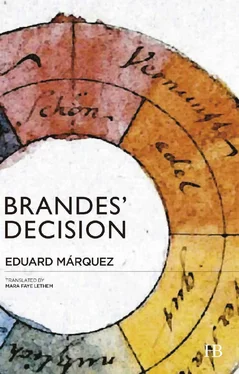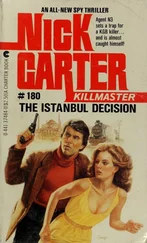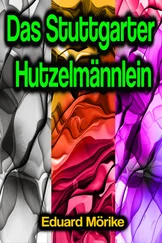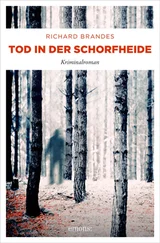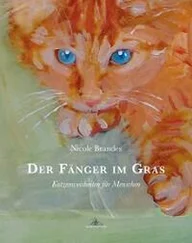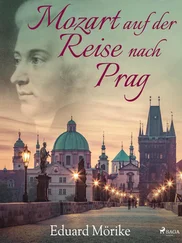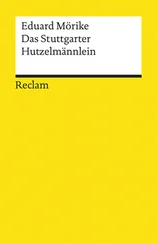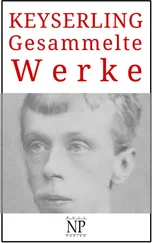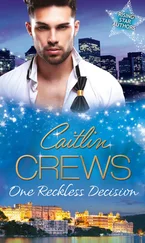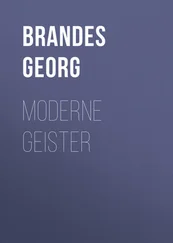I don’t regret what I did, but I’m not proud of it either. Every time I’ve had to deal with remorse, I’ve gotten past it by reminding myself that Sergeant Forkel wouldn’t have had any mercy a week later, when I broke down as we were about to begin an attack. I’m convinced that, like on so many other occasions, he’d have been cold-blooded. But perhaps that’s just a cowardly excuse to shrug off the voice of my conscience. Since I’ve fallen ill, I think about him fairly often and I wonder what must have gone through his head. Alone. Abandoned in a hole filled with stinking mud. With the terror that clings to those last agonizing moments like a leech.
Well, it seems it won’t be long before I know what it’s like. My decrepitude doesn’t rest. It advances like the tide. Firm, obstinate. And I no longer even have Doctor Zomer as an excuse for putting up a brave front. He died before my father did. Well, actually, he killed himself. And that was another thing my father could never understand. “How can someone who’s devoted himself to saving other people’s lives end up taking his own?” he would ask. And when he was ailing, he kept saying,“If only Doctor Zomer were here, at least.” Or “What a shame that Doctor Zomer’s not here. He had a clinical eye. .” My current doctor is nothing like Doctor Zomer. He’s young and energetic, and a bit inexperienced, but that doesn’t matter. It doesn’t take much skill to realize that trying to nurse me back to health is a wasted effort and that, as my father used to say, “each day I’m more there than here.” Maybe I should leave everything to the doctor. He has mentioned that he likes art. “Art,” not “my art,” but that doesn’t mean anything. Who knows, if he looks at it long enough, he might eventually find something he likes in it. Maybe, sitting in the garden in Hauterive or strolling along the banks of the river filled with color, he can amuse his friends or impress his girlfriend with the story of the Cranach.
If only I could do what my father did. He explained the story to me the evening before he died but, without Alma or Konrad, I don’t have anyone close enough to save it from oblivion. My father held out the key to one of the closets in his study and asked me to bring him a wooden box. “Here, now it’s yours,” he told me. When I opened it and saw the three figures in the painting, I knew right away. “That’s us!” I exclaimed. My father just nodded.“Where did this come from?” I asked him. First he gave me one of his enigmatic smiles, but he soon answered. When she knew she was dying, my mother gave the photo from Rügen Island to the “famous copyist, you know the one I mean” so he would paint her a Cranach.“She wanted it to be her last gift,” he told me.“So that everything would end where it had begun: with Cranach and orpiment.” For a while, as my father observed me in silence, I ran my eyes over the contours of the clouds, the landscape in the background, the withered fir tree, the cluster of grapes, the mallow bush without a single bloom. And the three figures. Mother, with the same distracted pose as in the photograph taken on Rügen Island. The helpless tenderness in my father’s eyes. My old man face. The painting arrived, along with the photograph and a note from the copyist, when my mother had already died. Over the years it became a secret that he only shared with me once there was no other option, and the Cranach was, as he admitted to me, “the least painful of consolations.”
During my father’s last few weeks, we switched the roles we’d had in my childhood. I could spend hours reading his favorite books to him or repeating the stories he’d explained to me so many times. When I think about those days, I remember two desires mixing together, one more selfless than the other: taking care of him so he didn’t want for anything, and gathering sensations for when he was no longer here. What he most asked me to read to him was Marco Polo. He knew it so well that he would ask me directly for his favorite episodes, like the description of the Green Mount at the Cathay Palace, where the Great Khan collected the most beautiful trees in the world; his stay in the Kingdom of Maabar, where the fish-charmers protected the pearl fishermen; and the story of King Caidu’s daughter, who made a pact with her father that she would only marry the man who could vanquish her in every trial. And, our favorite chapter of them all: the trip to the lapis lazuli quarries in Badakhshan. When he listened to the part that spoke of the river’s blueness, about the flight of the falcons and the musky scent of the women dressed in silks, he would close his eyes and smile as if he were the one riding over the frozen plain on a shoeless horse.
My father died reminding me of my mother’s last wish. He had repeated it to me many, many times, but hearing it then, with his death rattle filling the increasingly longer silences that he made between words, brought tears to my eyes. “Don’t forget to be happy.”
I would have liked to say goodbye to Alma in a different way. Not on the station platform talking about the plants in the garden and Rufus’s hairs. But that is another of the disadvantages of living subject to fate. I left Erika without saying a word. I suppose words were no longer necessary. After so many fights, the last straw — to say it without all the resentment I feel when I recall it — was the exhibition of degenerate art in Munich, which Erika had to write an article about for one of the propaganda magazines she was a contributor to. It would have been more prudent not to go with her, but my desire to lay eyes on — perhaps for the last time — so many works that had been removed from the museums was stronger than my good sense. During the visit through the small, poorly-lit halls of the Archeological Institute, with the paintings crowded together on top of a sackcloth backdrop, Erika kept making insulting comments about what she was seeing. The colors, the figures, the perspective, the motifs. . Nothing escaped her scorn. When, tired of listening to her, I told her that maybe she was taking it too far, all she said was “If they don’t know how to paint, to hell with them.” Perhaps because, deep down, I had trusted that someday she would eventually understand that the ideas she was defending were a dead-end street, I was more disappointed than ever that she could be present at the start of a tabula rasa like that one without flinching. I only noticed a flash of confusion when, in one of the rooms, beneath an inscription that read “Nature seen by sick minds,” she found one of my paintings surrounded by landscapes by Kirchner, Schmidt-Rottluff, and Nagel. Town by the River was the title. Erika looked at me and, without saying a word, continued walking. I didn’t follow her. I had had enough. I turned around and walked back towards the street with my heart in my throat. I waited for her at the Hofgarten for more than an hour. There are few times in my life when I’ve felt so alone. Sitting on a bench in the square, my only company the crows watching me from the branches of the lindens, I realized, as Alma did some years later, that I only had one way out.
That same day, I went back to Berlin to say goodbye to Konrad, gather up the few things I could fit into my car, and leave Germany. That was no longer my home. And I’ve never seen Erika or Konrad again. I don’t know what would have happened if they hadn’t died in the 1945 bombings. Perhaps, without the atmosphere of fanaticism that ended up pushing us apart, we could have started over. I don’t know. What I still haven’t processed is not taking Konrad with me. I suppose that Erika, with her contacts, wouldn’t have let me get very far. Nevertheless, I should have made the attempt.
But that’s the problem with decisions. It’s difficult to go over them and not have any regrets. Of all my decisions, at least those that’ve had some lasting effect, the only one I have no qualms about is not giving in to Hofer’s extortion. That morning, once the last watercolor was dry, I took down the Cranach and filled the wall with the sixty-eight paintings on the list. There were three rows of them. I don’t know if that moment is more potent than the rest, but reliving it helps me to calm the guilt I feel over everything I could have done, all the wrong turns, all the unsaid words.
Читать дальше
